Homesickness in the modern age: Does technology make you feel better or worse?
It's hard, feeling homesick, but it can also be enriching. Revisiting the scene of his worst-ever episode of the condition, John Osborne looks back at his younger self, and wonders if recent digital developments can help today's sufferers
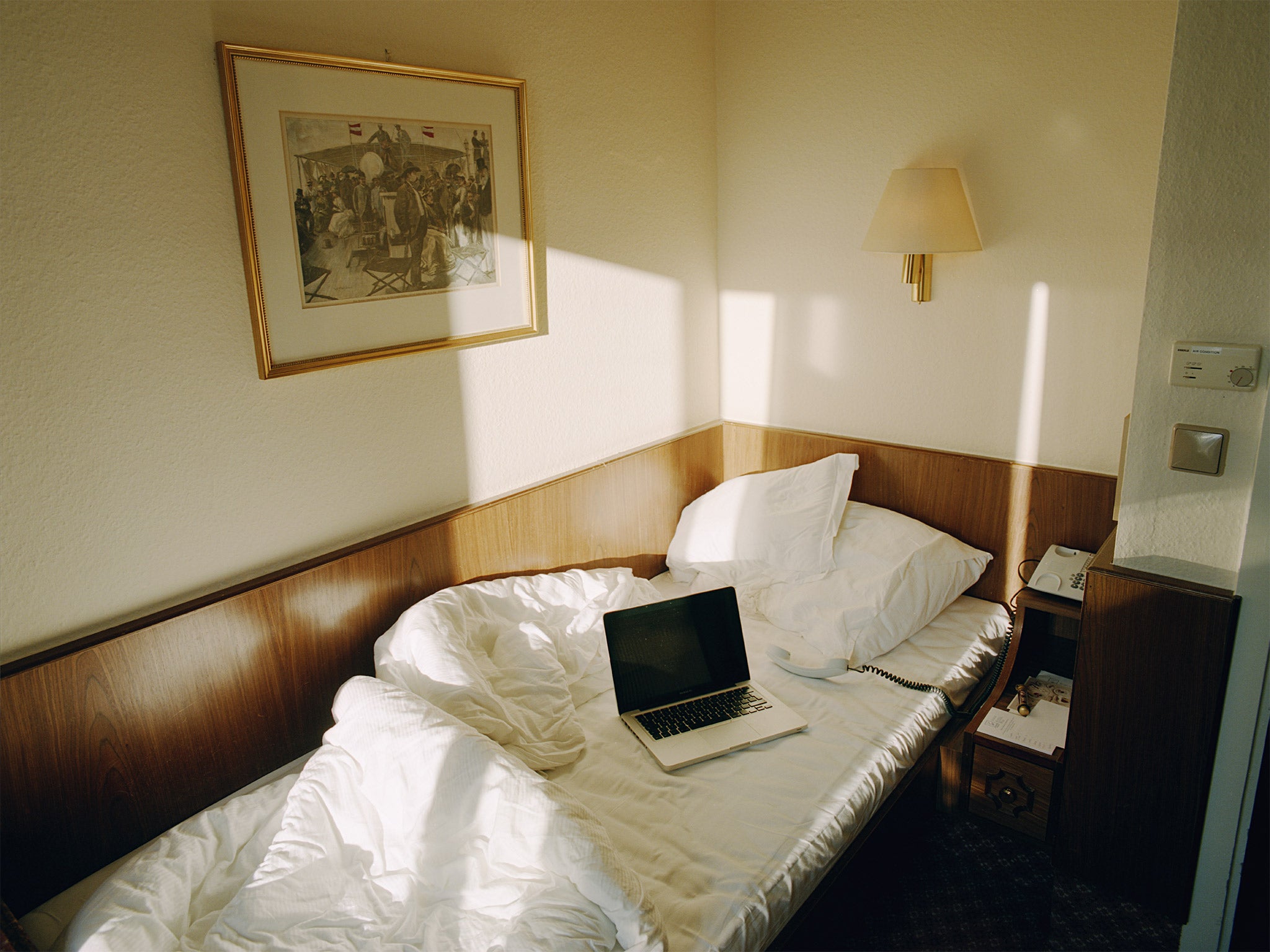
Your support helps us to tell the story
From reproductive rights to climate change to Big Tech, The Independent is on the ground when the story is developing. Whether it's investigating the financials of Elon Musk's pro-Trump PAC or producing our latest documentary, 'The A Word', which shines a light on the American women fighting for reproductive rights, we know how important it is to parse out the facts from the messaging.
At such a critical moment in US history, we need reporters on the ground. Your donation allows us to keep sending journalists to speak to both sides of the story.
The Independent is trusted by Americans across the entire political spectrum. And unlike many other quality news outlets, we choose not to lock Americans out of our reporting and analysis with paywalls. We believe quality journalism should be available to everyone, paid for by those who can afford it.
Your support makes all the difference.I'm standing outside a cottage in the Vienna woods. It's where I used to live when I was 22, and this is the first time I've been back since I left 10 years ago. The roads are steep here, and, as I walk up the hill from the tram stop, the slope feels reassuringly familiar. I recognise the ache in the back of my legs that tells me I am nearly there.
Saturnweg, Merkurweg, Jupiterweg. The streets take their names from the solar system, and that seems appropriate for a place that felt so alien and far away when I first arrived. In the distance is the most spectacular view of the hills. And here, the little cottage with the green gate. The only house on the street without a swimming pool.
I'm not surprised I was homesick when I arrived here, a first-time teacher abroad. The 22-year-old version of me must have been completely out of his depth. I didn't keep a diary back then, but if I did, for day one I'm sure I'd have just written "Oh dear".
The first time I ever remember feeling homesick was at Cub camp. Being away from home for the first time is a terrifying experience, but sometimes there are grown-ups in woggles to look after you. In that Austrian cottage, inside the front room, I felt the most overwhelming homesickness I have ever experienced: it was a physical pain, and it lasted for a couple of weeks. That seems like no time at all now, looking back, but at the time it felt like it would last longer than the Austro-Hungarian Empire.
Luckily, as is predominantly the case, the homesickness didn't last. But sometimes homesickness can linger, exacerbated by society's refusal to address it directly as an issue. For centuries, the way to deal with homesickness has been to pretend it does not exist. Susan Matt, author of the book Homesickness: An American History, writes: "Because homesickness is absent from modern accounts of the past, it is seen as an illegitimate emotion in the present."
Portrayals of early American settlers suggest that they didn't have a problem with homesickness. It was in almost direct opposition to the very essence of what the new country stood for – freedom of movement.
Matt points out, however, that a yearning for what the pioneers had left behind was clearly present: "The paths of homesick migrants can be traced through the repetition of place names across the American landscape," she writes. "English town names were transplanted to New England; subsequent generations settling in the Midwest and West carried these names with them and tried to re-establish a sense of place by affixing old names to new locales."
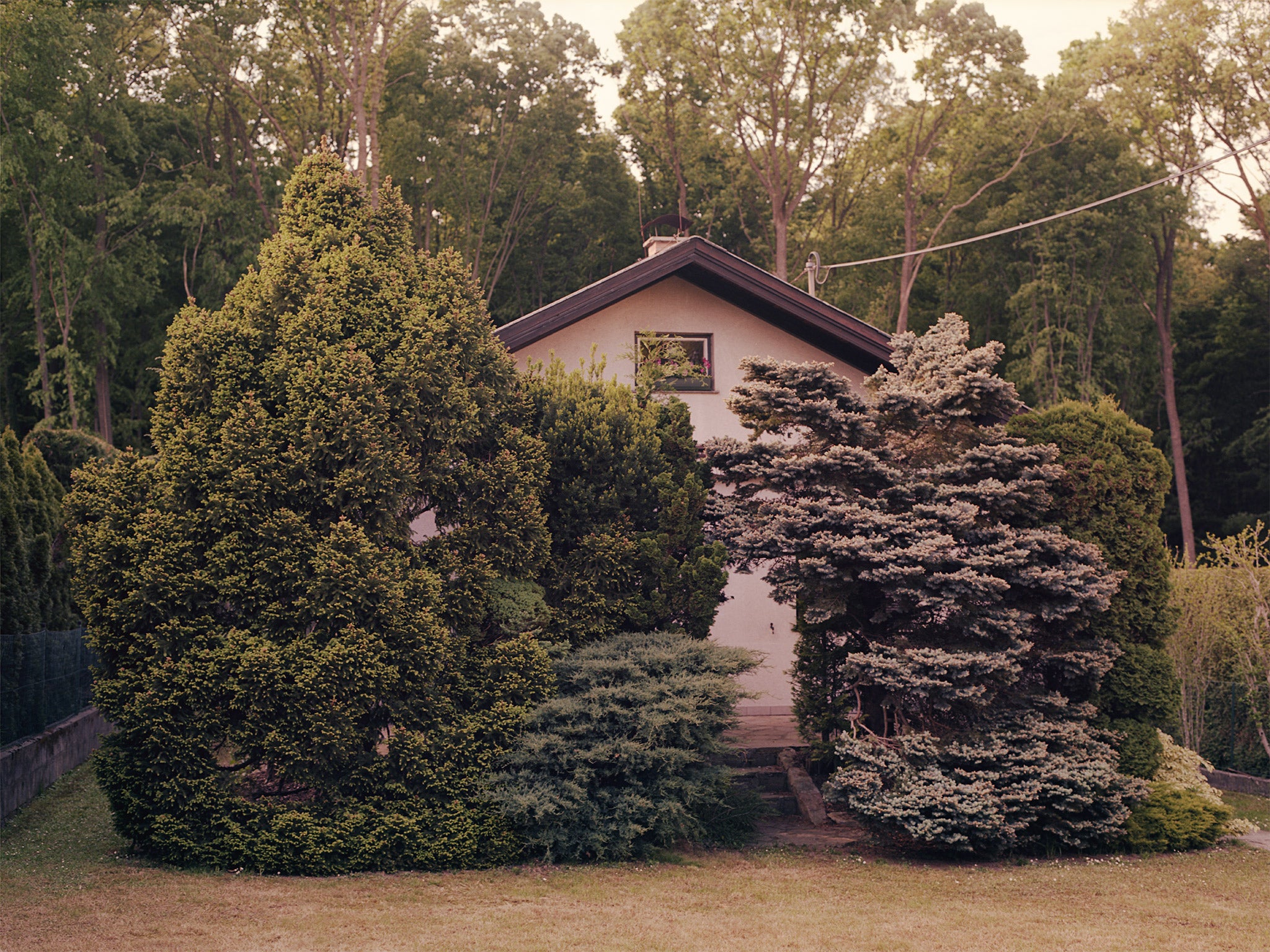
What use, if any, is homesickness? "Its purpose is the same today as it has been for millions of years – to deter us from leaving supportive groups and environments," writes Mark Leary, professor of psychology and neuroscience at the Duke University in the US, in Duke Magazine. "Homesickness would have been relatively uncommon, occurring only when individuals were separated from supportive, familiar people."
His is the best definition of homesickness I have found: a feeling of wanting to be back with our tribe. They are hard to come by, these supportive, familiar people. It's no surprise we feel lost when we move away from them.
It was my parents that I was desperate to contact when I first arrived in Vienna. They were my supportive, familiar people. My tribe. It wasn't that I missed them; I just wanted them to know that I had arrived and started to settle in. I thought maybe they'd be worried, and I wanted to say that everything was going to be OK.
My landlady sorted me out with a key, told me what day the binmen came and showed me the cord I needed to pull to make the shower work. From the moment she closed the door behind her, I was completely alone. The only thing I wanted to do was find a phone box and talk to my parents. I could call, say hello and then get on with starting my new Viennese life.
It was getting late. I'd been walking for so long but, after almost giving up, I finally found a phone box. I dialled my parents' number, proud of myself for remembering the international dialling code, but the line was dead and my coins were swallowed. All my euros were gone. That was the only pay phone. Now there was no way to contact them. I felt devastated.
I still think about that first night and the early days living completely alone in a country where I knew no one; I feel bad for all the people across the world who have gone through something similar. I just wanted to hear a familiar voice. It took me a long time to recover from that less-than-promising start: I felt sadder than I had ever felt before. My plan of a new life in Vienna had failed. I didn't even unpack my suitcase – there didn't seem to be any point. There was no way I would be staying.
I wanted to know why I felt this way. Professor Doreen Massey, a recently retired social geographer who has specialised in globalisation and the "conceptualisation of place", explains to me that one problem is our idealisation of home.
"With a lot of writers, in lots of genres, you will find an idealisation of home," she says. "That kind of idealisation and romanticisation… is at the same time denigration, ie 'it was lovely, it was unproblematical, it was contained'… which of course it never was, and it's not as it was any more."
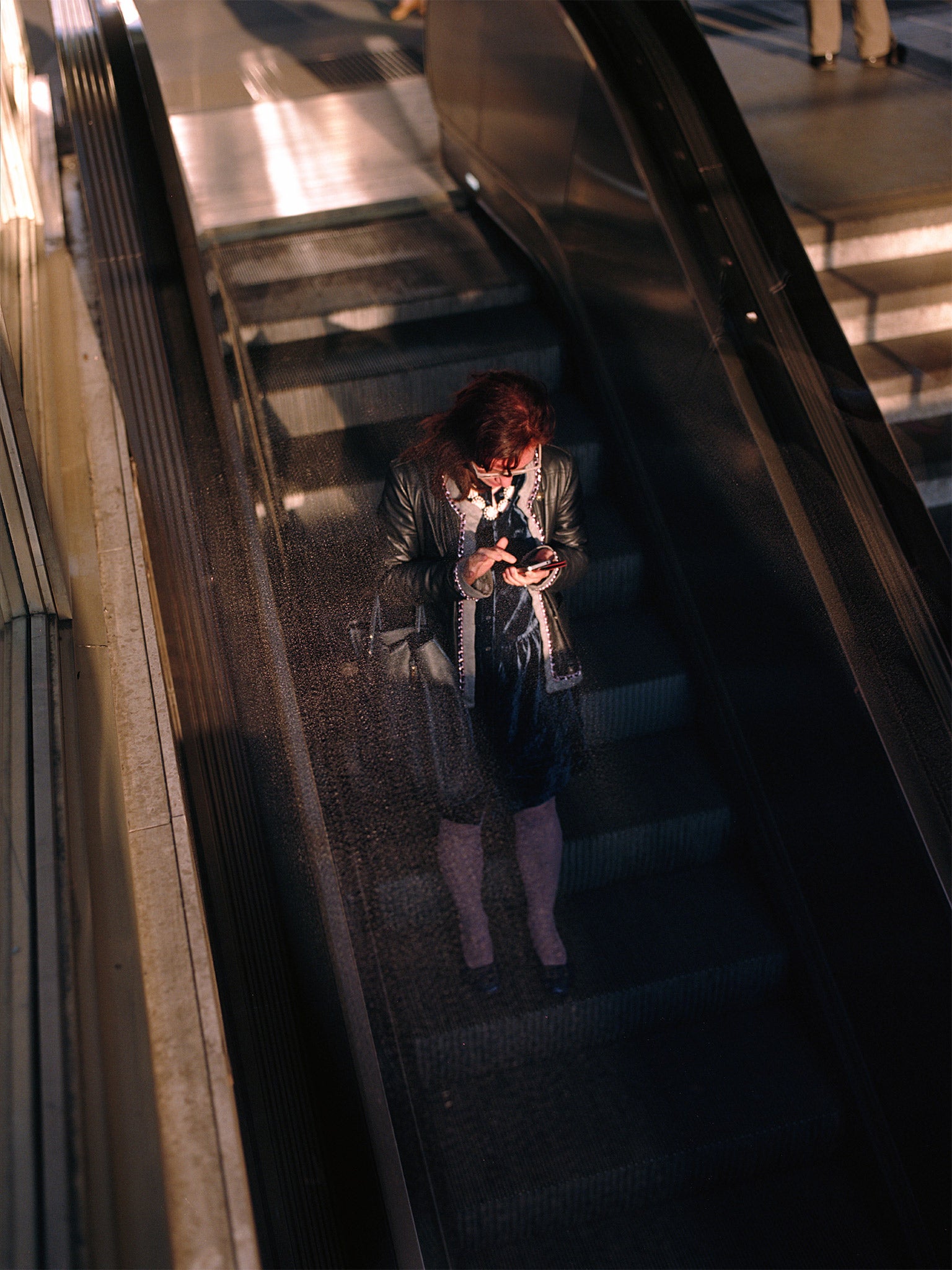
Homesickness often feels like unrequited love because we have such a connection with places we are fond of. We build this perfect image of the person or place we are missing. We remember the best-case scenario as the everyday occurrence. Our brains filter out the bad bits, focusing on the day everything was perfect.
But maybe homesickness, like lovesickness, can be a good thing – perhaps there is a positive way of looking at it. Susanna Barry, a program manager at MIT Medical (which provides healthcare for the Massachusetts Institute of Technology), specialises in stress management and sleep health. Speaking on an MIT Conversations podcast about homesickness, she gives advice on how to tolerate new experiences and suggests that thriving on them is the silver lining of homesickness.
"Post-homesickness growth is very real and very empowering," she says. "It's always true to say 'This too shall pass'."
But what if it doesn't pass? Much of what is written on the subject of homesickness relates to the luxury of being away from home. It's mainly articles of advice for university students that include snippets such as "homesickness is a normal part of college students' development toward adulthood" and "when you enjoy your studies, you'll probably feel less homesick". But for many people moving away from home, there is no choice.
Massey and I discuss migrants who are forced to start from scratch somewhere new, who are often alone and frequently have no connection to their new location. To talk to someone about homesickness, she says, you need to know the nature of their journey. What is the transition that has been made?
"If I have home it's the North-West," she tells me from her London base. "Manchester, Liverpool. That's where I do feel home. I don't get homesickness for it, but I do think of it as my patch… If I was talking to somebody who was homesick for Liverpool, say, I would talk… in a very different way than if I was talking to a refugee who could not go home, whose place had been devastated."
If I or Professor Massey feel like we need to visit somewhere we remember from childhood, we can get on a train and take a journey there. It's not the same if the place you called home has been erased.
In Vienna, I eventually unpacked my suitcase. I found a bar called 1516. There were three of us who used to go there together: me; Wolfie, who taught physics at the same school that I worked at; and Wolfie's mate Liam, who was English. They were the first friends I made. They were the people who made me feel like maybe I would be able to stay in town for a little longer. My exit strategy, detailing how to get out of the country with as little embarrassment or fuss as possible, could be postponed for a while.
There was a waitress who knew our names: "Hello, John!" she would say. "How was your day today, Wolfie? You've had a haircut, Liam. It looks nice!" It may seem shallow, but it's hard to feel down when there's someone who is smiling and calling you by your name.
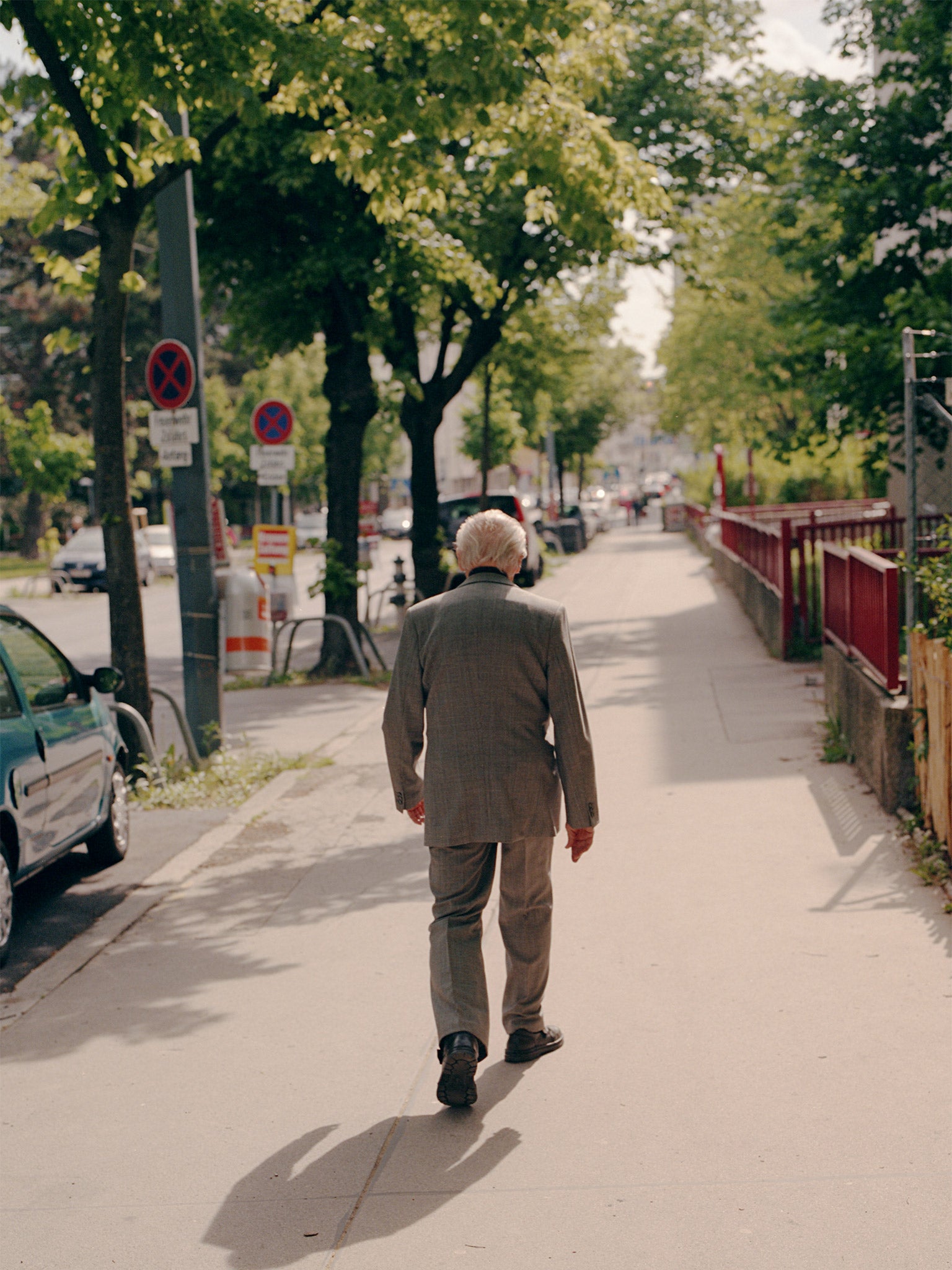
We weren't the only foreign voices there. The staff at 1516 were clearly aware that most of their customers were far away from home, and it's people like them who made me feel less homesick. A simple "How are you today?" would make me so much more contented. It was a reward for interacting with our new environment.
During that time, I lived an almost internet-free life. My only access to email was via the computer in the corner of the staff room or in internet cafés. I did little more than check my emails a couple of times a week and have a quick look at the BBC website when I could. I mainly communicated via telephone boxes and writing letters, which now seems impossibly archaic.
Nowadays, thanks to wifi and smartphones, we have the internet in the palm of our hands. But are these comforts that keep us connected useful or damaging? Does seeing what your distant friends are doing exacerbate your fear of missing out or does it make you happier to know that the familiar isn't that far away? Can it prevent homesickness happening in the first place?
Dr Miranda van Tilburg has written extensively about homesickness and is the editor of a collection of articles called Psychological Aspects of Geographical Moves.
"It's important to prepare yourself for the eventuality of homesickness," she tells me. "There will be certain points in the day that cannot be active; they are passive by nature," she says – times such as eating dinner without a big group around you, or when you're about to go to sleep or have just woken up. "Those are really hard times for people because that's when homesickness will pop up."
She tells people to take things from home that are familiar. "I've known people who would take their own [bedside lamp] or alarm clock because that would be the first thing they would see in the morning." She also suggests taking a pillow without washing it, so it will smell like home. It's also important to try to have the same routines in your new environment as you had at home, she says.
Can technology help with the potentially problematic initial stages? Perhaps a familiar podcast or downloaded TV programme could be equivalent to the pillow carrying the smell of home. "Should we delete our Facebook account or check it in the same way we would do back at home?" I ask van Tilburg. "In general, you should limit how much you use it," she says, "Do it at one particular time."
Although it might seem counterintuitive, doing this kind of thing when you are homesick is the worst time to do it. "It will only increase your feelings of homesickness," she says, recommending you choose a time of day when you're not usually homesick – maybe during a coffee break – and not right before bed.
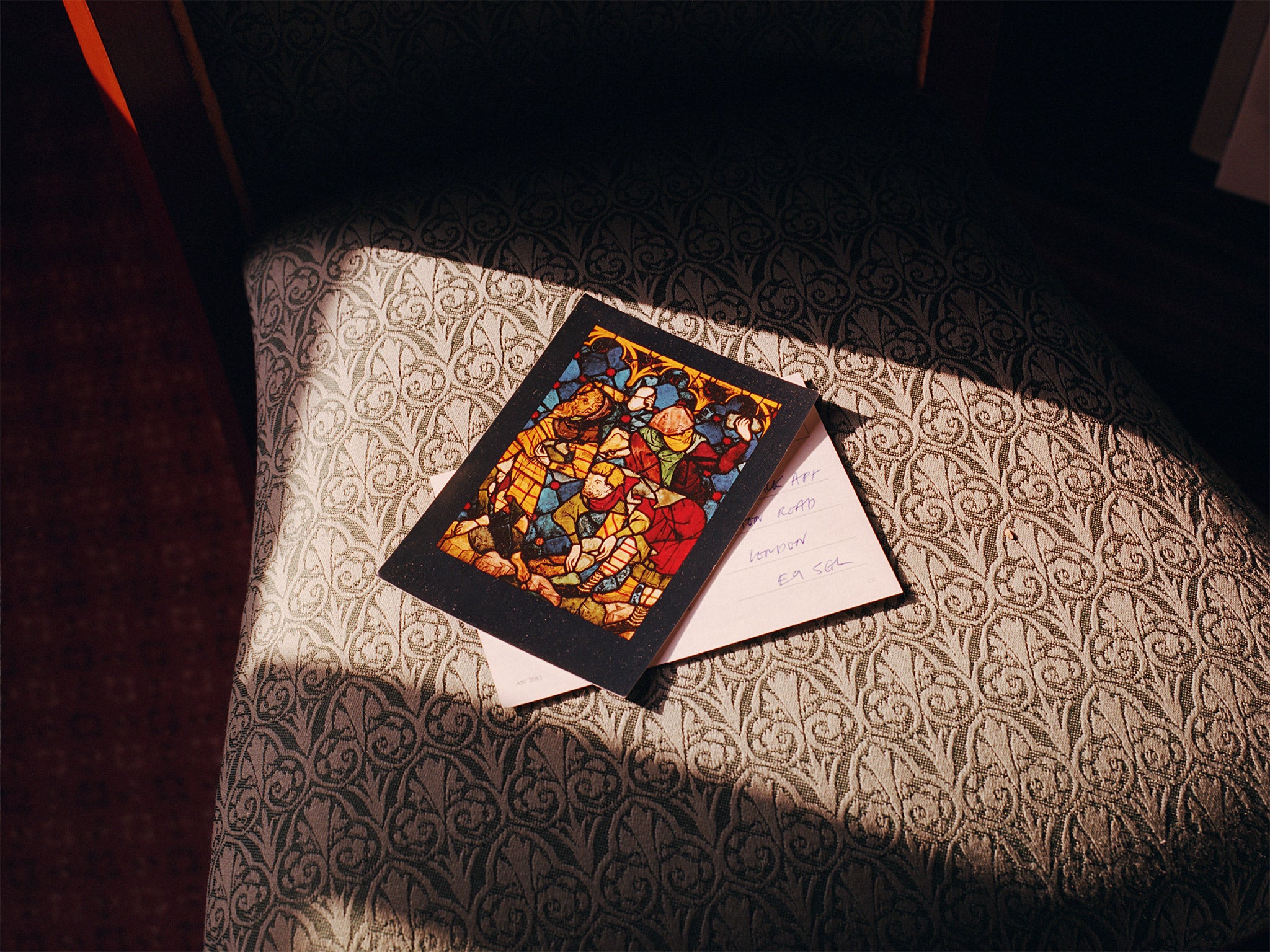
On the MIT podcast, Susanna Barry discusses how much contact new students should have with their parents. "The main guidepost for this is, 'Do I feel like I'm developing my own identity? Do I feel like I am still developing my own friendships, my own way of thinking? Am I able to differentiate my new world and my new identity from my old identity that I had growing up'?"
This is what people need to deal with. The moment you say goodbye and the Skype conversation ends, you are left with the black mirror of your tablet reflecting back at you. But while it is easy to criticise technology or say it removes the element of romance, it could actually make a big contribution to your new world away from home.
It's about working out the idiosyncrasies. The funny way the tram doors open. Cheating Google Maps by finding a route through the side streets that shaves minutes off your journey. The difference between ziehen and drücken (don't try to pull a door when there's a big drücken sign in front of you). That's what life's like, living somewhere you're not familiar with. You're constantly trying to pull open doors that are supposed to be pushed, until one day opening the door becomes second nature.
Perhaps homesickness is just an inoculation to make you stronger. Like the weeping Cubs at camp who will, two days later, hate that they have to go home and beg as soon as they get back to be allowed to sleep in a tent in the garden for the night.
As I make my way back into the city from the cottage in the woods, I think that perhaps there is a cure for homesickness. Maybe you need to have a balance: every time you have a conversation on Skype, you say hello to a neighbour. For every hour you spend on Facebook, you take an hour to check out a flea market or go somewhere different for breakfast. Every time you download one of your favourite podcasts, you try tuning in to a local radio station.
If finding a bar where the staff speak English and there's football on makes you happy, then do it. The people you love don't want you to be sad, and life is too precious for wallowing. Homesickness is good: it means you're doing it right. But go out and do some things so that next time you speak to the people you miss, you'll do it with a smile on your face and with plenty to tell them. Homesickness can be conquered.
I tell all this to Professor Massey. She doesn't like the use of the word "conquered". "You want to think of yourself as a multi-place person [and] incorporate that old place into your identity. 'Conquering it' is a bit brutal. It's as though you're dispensing with one place or another."
Whatever homesickness is, deep down, all we want is to be with our tribe. But, if we can't, we need to try and create a new one. To find people who know our name in the place we are living, while still having a place we call home, and someone there to tell "everything's OK".
This is an edited version of an article first published on mosaicscience.com
Join our commenting forum
Join thought-provoking conversations, follow other Independent readers and see their replies
Comments